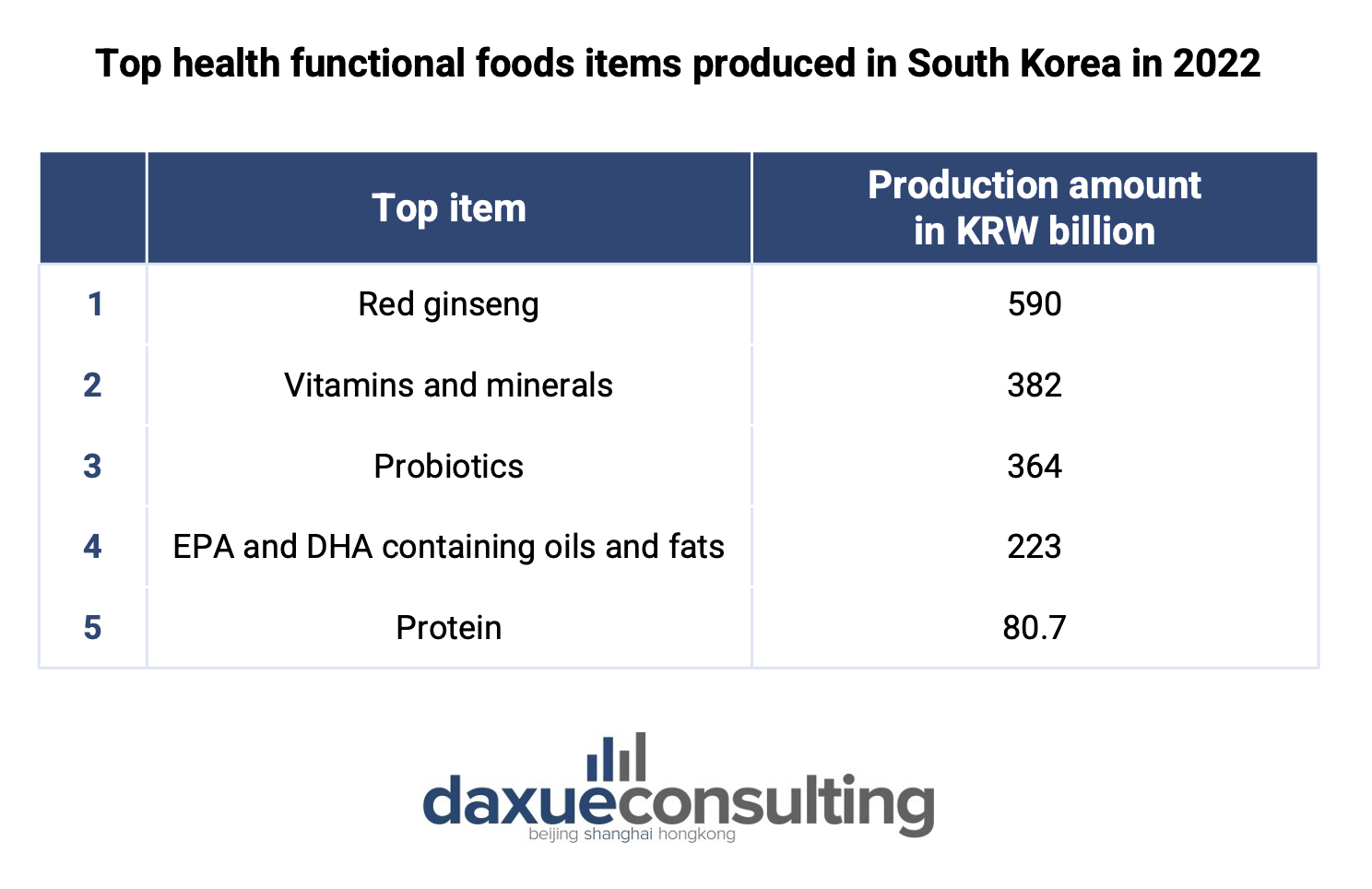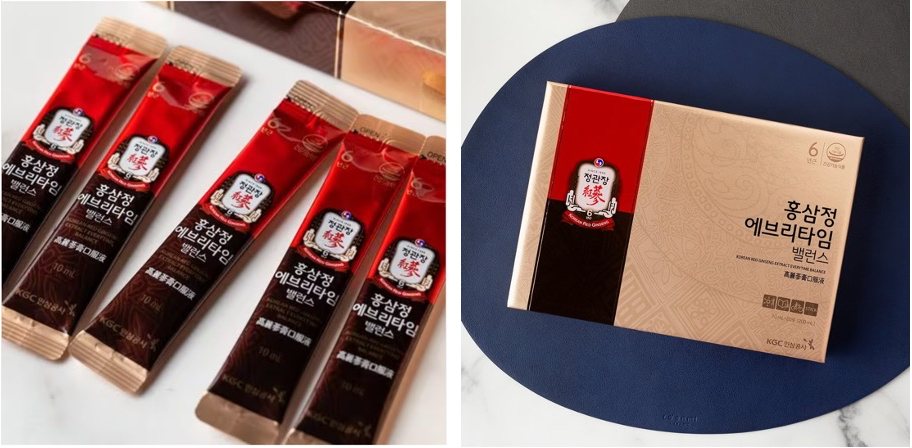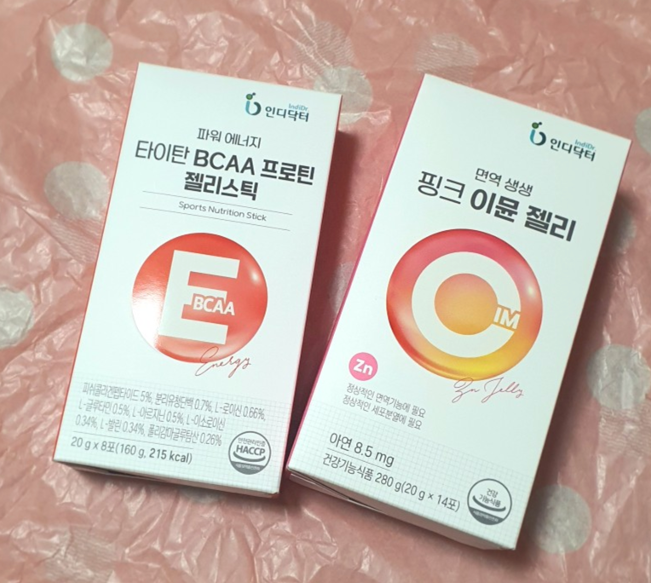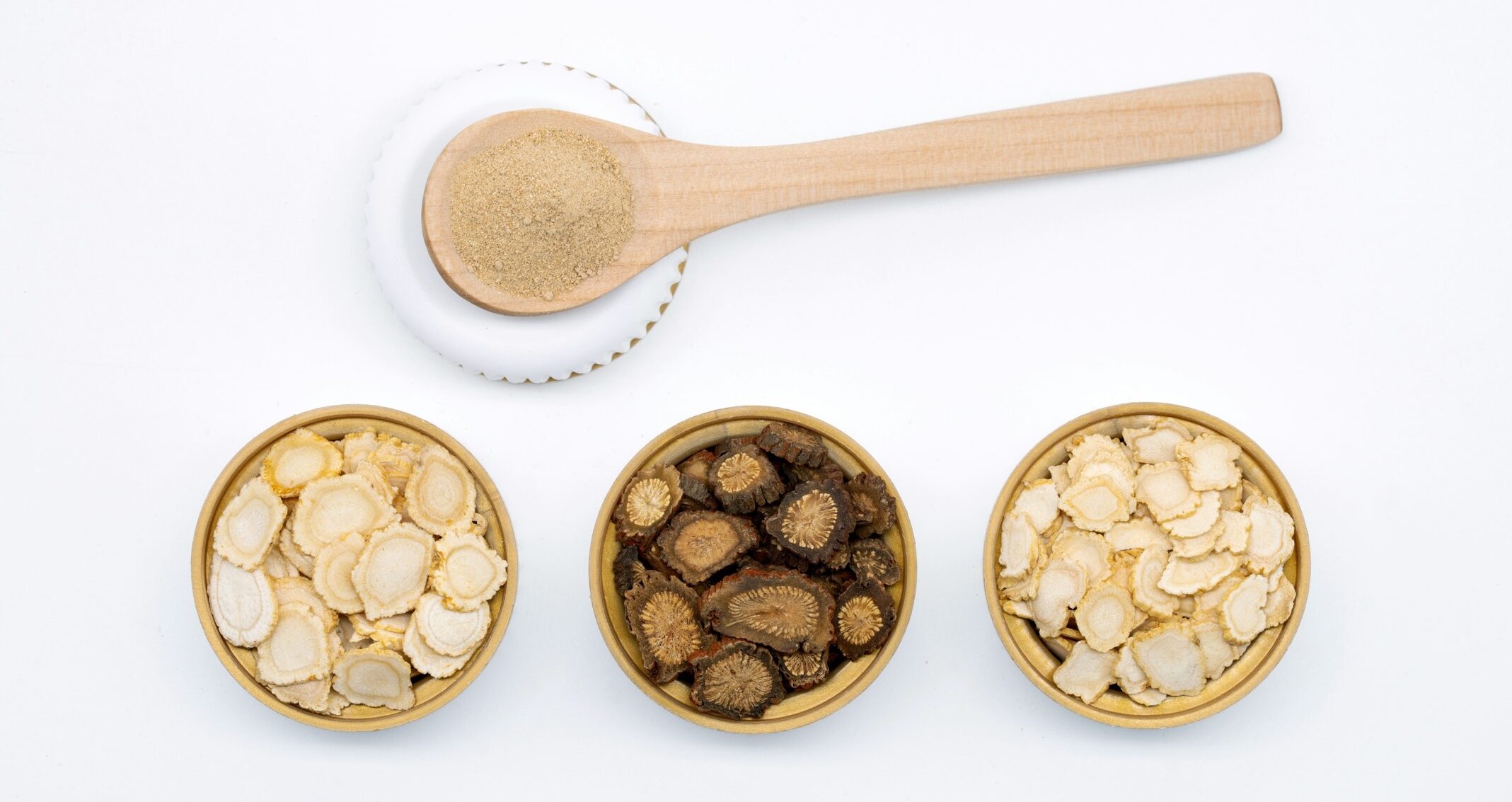Amid South Korea’s aging population and growing health consciousness, health functional foods (건강식품) have significantly influenced the nation’s dietary landscape. Health functional foods (건강식품), as defined by the Ministry of Food and Drug Safety, are dietary supplements containing functional ingredients beneficial or nutritious for the body. These products are witnessing rapid growth as consumers prioritize preventive wellness. They’ve moved from being niche items to integral parts of daily life. This evolution not only reflects changing consumer behavior but also highlights the significant role of South Korea’s health functional foods market in shaping modern dietary practices and fostering holistic well-being.
Read our Korea’s MZ Generation report

South Korea’s health functional foods market continues to grow
While South Korea’s health functional foods market has been consistently growing since 2014, it has been growing more rapidly since 2019, surging from KRW 2.95 trillion in 2019 to KRW 4.17 trillion in 2022. Notably, while health functional foods are commonly bought as gifts, their consumption is also steadily increasing. In fact, in a survey conducted in 2023, 81.2% of 6,700 households nationwide had purchased them at least once, and 84.4% of people have consumed them consumed them at least once.
The top raw health functional foods in 2022 was red ginseng. It ranked first in production performance in 2022, recording a production performance of KRW 589.6 billion. It was followed by vitamins and minerals, probiotics, oils and fats containing EPA and DHA, and protein products.

Regulations on health functional foods in South Korea are constantly changing
Health functional foods, which come in concentrated formulations such as tablets, capsules, and liquids, contain raw materials and ingredients that provide additional nutrients or improve the function of the human body. In 2004, the Korean Health Functional Food Act was enacted. It required health functional foods to be marketed in specified dosages in pills, tablets, capsules, or liquids. In 2008, the definition broadened to include processed foods with functional ingredients from the list of 96 general health functional foods. Continuous updates involving the addition of new health functional food ingredients and their benefits are overseen by South Korea’s Ministry of Food and Drug Safety. This rigorous oversight ensures consumer safety and efficacy prior to consumption.
Shifts towards preventative healthcare in South Korea
Instead of relying solely on medications and medical treatments, South Koreans consume health functional foods to improve their health and reduce their risks for developing diseases later in life. Health functional foods are divided into three functional categories: reducing the risk of developing diseases, activating and improving existing physiological actions, and nutrient functions.
Red ginseng, a popular gift for special occasions
South Korea has a very health-conscious culture which is reflected in the nation’s gifting trends. Red ginseng, known for its health benefits, makes popular gifts for holidays such as Chuseok, especially for parents or grandparents. Moreover, high school students preparing for the CSAT receive them. These supplements are known to improve immunity, and memory, and improve fatigue and blood flow. In 2021, red ginseng dominated the health functional foods gift market, making up 61.1% of total sales. Following closely were vitamins and probiotics, which recorded 7.8% and 7.3%, respectively.

The popularity of red ginseng transcends gifting and is a part of daily Korean life
Having its roots in traditional Korean medicine, red ginseng is well-loved across multiple generations, not only the older generation. In fact, 56% of online mall sales are made by those between their 20s and 30s, mainly for gifts rather than personal consumption. On Naver Shopping on January 7th, 2023, “red ginseng” search results revealed that Cheongkwanjang Home Samjeong ranked first. Cheongkwanjang is renowned for its six-year cultivated premium red ginseng and luxurious gift packaging. It was followed by Korea Red Ginseng Extract Gold and Jigangin Korean Red Ginseng Extract in second and third, respectively.
South Korea’s MZ generation is increasingly focusing on their physical health
Since the COVID-19 pandemic, South Korea’s MZ Generation is increasingly concerned with holistic health. In a 2021 trend report by the University Tomorrow 20s Research Institute, physical health management ranked among the MZ Generation’s top five self-development areas. 72.2% of the respondents listed physical health management as part of their top five. This increased focus has expanded the demand for health functional foods to include young adults, not just the older generation.
Protein and probiotic products increasingly popular with South Korea’s MZ Generation
With the rise of healthy balanced living, sales of probiotic products are increasing. Sales of Greek yogurt, for example, increased from 5.2% to 37.4% in April 2023 at convenience store chain GS25. The yogurt is popular for having a higher protein content compared to regular yogurt. It’s also known for its ability to strengthen muscles and skeletons, increase immunity, and aid gut and intestinal health and function.
Protein products such as drinks and powders are also shifting away from being known as purely supplementary food for athletes. Instead, they are becoming mainstream healthy pleasure foods that are integrated into daily diets. South Korea’s protein supplement market grew from KRW 81.3 billion in 2018 to KRW 336.4 billion in 2021 and KRW 400 billion in 2022.

Increasingly health-conscious South Koreans are turning to health functional foods as a supplement to daily life
- Health functional foods refer to dietary supplements containing functional ingredients that are beneficial or nutritious for the body, according to the Ministry of Food and Drug Safety.
- In 2022, South Korea’s functional foods market reached KRW 4.16 trillion. The top-selling products were red ginseng, vitamins/minerals, probiotics, EPA/DHA oils, and protein.
- Regulations for health functional foods have evolved since 2004. Strict requirements on dosages and ingredients are ensured by the Ministry of Food and Drug Safety for consumer safety and efficacy.
- As the focus on personal health and preventive care increases, health functional foods are garnering attention not only from the elderly but also from the young generation. This reflects a growing desire to prioritize wellness before illness strikes.
- Red ginseng is a popular gift due to its perceived health benefits. They are particularly gifted on special occasions like Chuseok and to students preparing for exams.
- Probiotic and protein products are rapidly gaining popularity among the MZ Generation. They are transitioning from niche products primarily associated with athletes to mainstream dietary staples.





